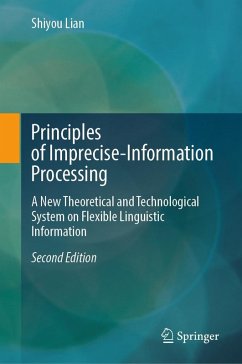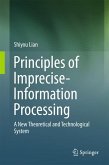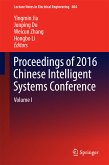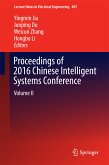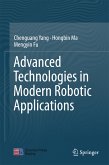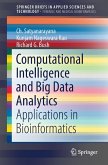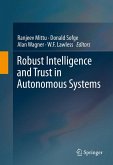Applying the theories and technologies in the book builds flexible AI systems to solve corresponding clustering, classification, judging, recognition, control, prediction, regression, etc., problems, and to enhance the Agent's and Robot's abilities to perceive environment and control behavior. Combine large language models (LLMs) with flexible linguistic information technologies in the book to enhance and extend the capability of natural language processing, and to realize understanding and generation of flexible words.
This book differentiates imprecision from the uncertainty of information and explicitly treats imprecise-information processing as an independent subject. Imprecise-information processing is an indispensable research topic and branch field of artificial intelligence. With a new perspective and idea, the book starts from the origin of imprecise information, comprehensively and systematically expounds the principles, methods, and applications of imprecise-information processing, and establishes a new theoretical and technological system different from fuzzy technology on flexible linguistic information.
The audience of this book includes scholars, engineers, teachers, Ph.D. candidates, postgraduates, and advanced undergraduates in the fields of artificial intelligence, natural language processing, Agent, Robot, automation, information, computer, logics, mathematics, language, as well as brain and cognitive science, etc.
Dieser Download kann aus rechtlichen Gründen nur mit Rechnungsadresse in A, B, BG, CY, CZ, D, DK, EW, E, FIN, F, GR, HR, H, IRL, I, LT, L, LR, M, NL, PL, P, R, S, SLO, SK ausgeliefert werden.

